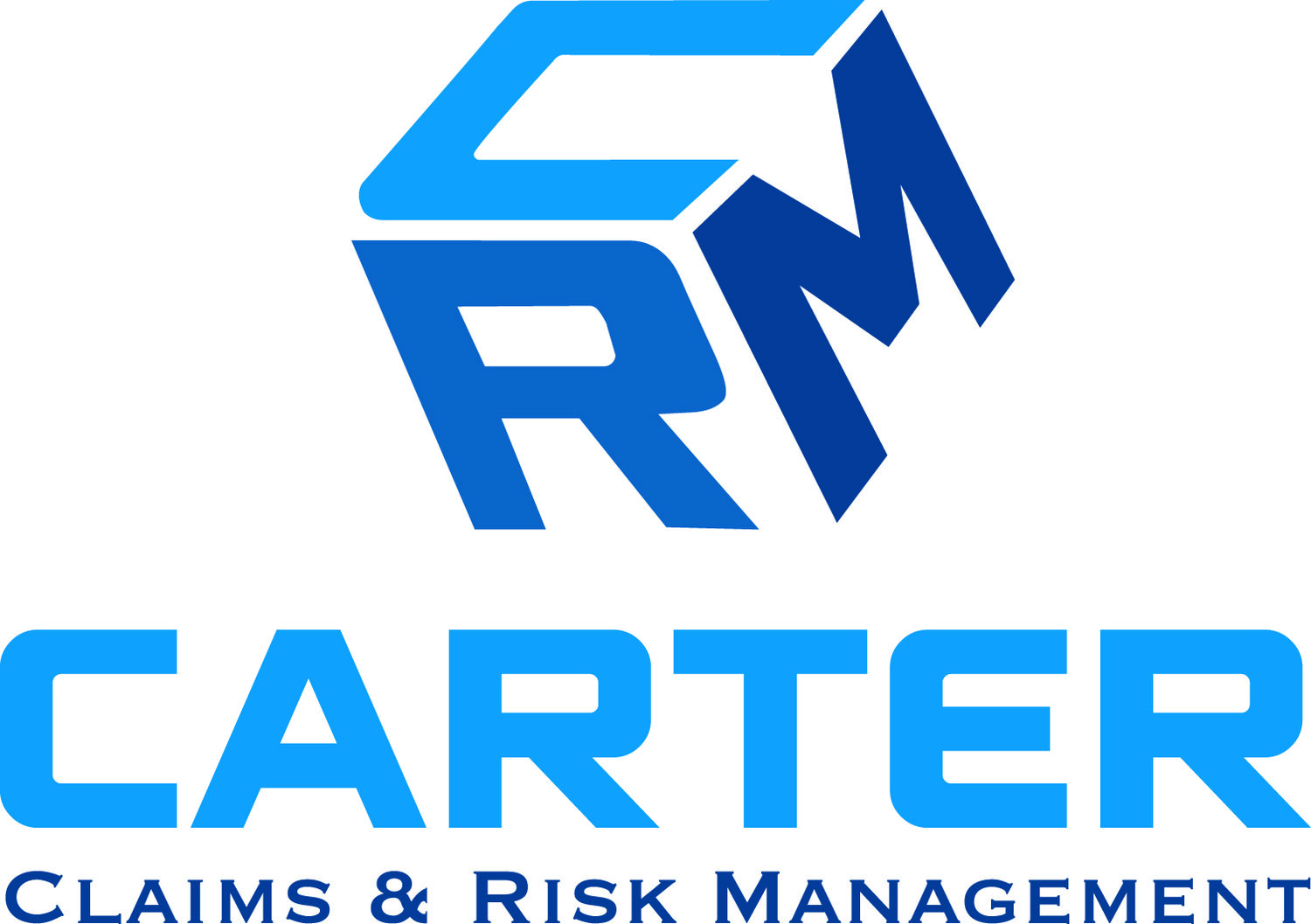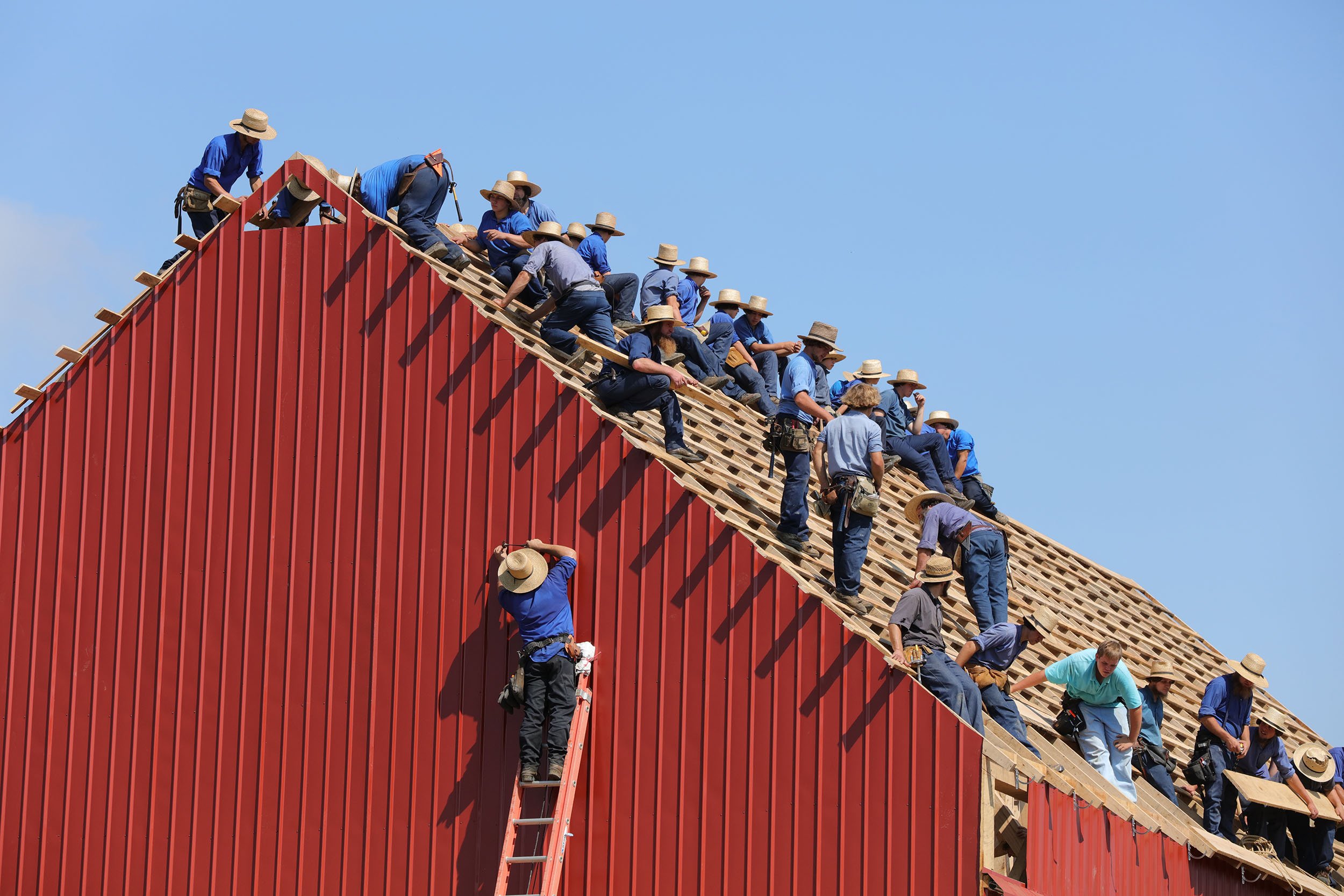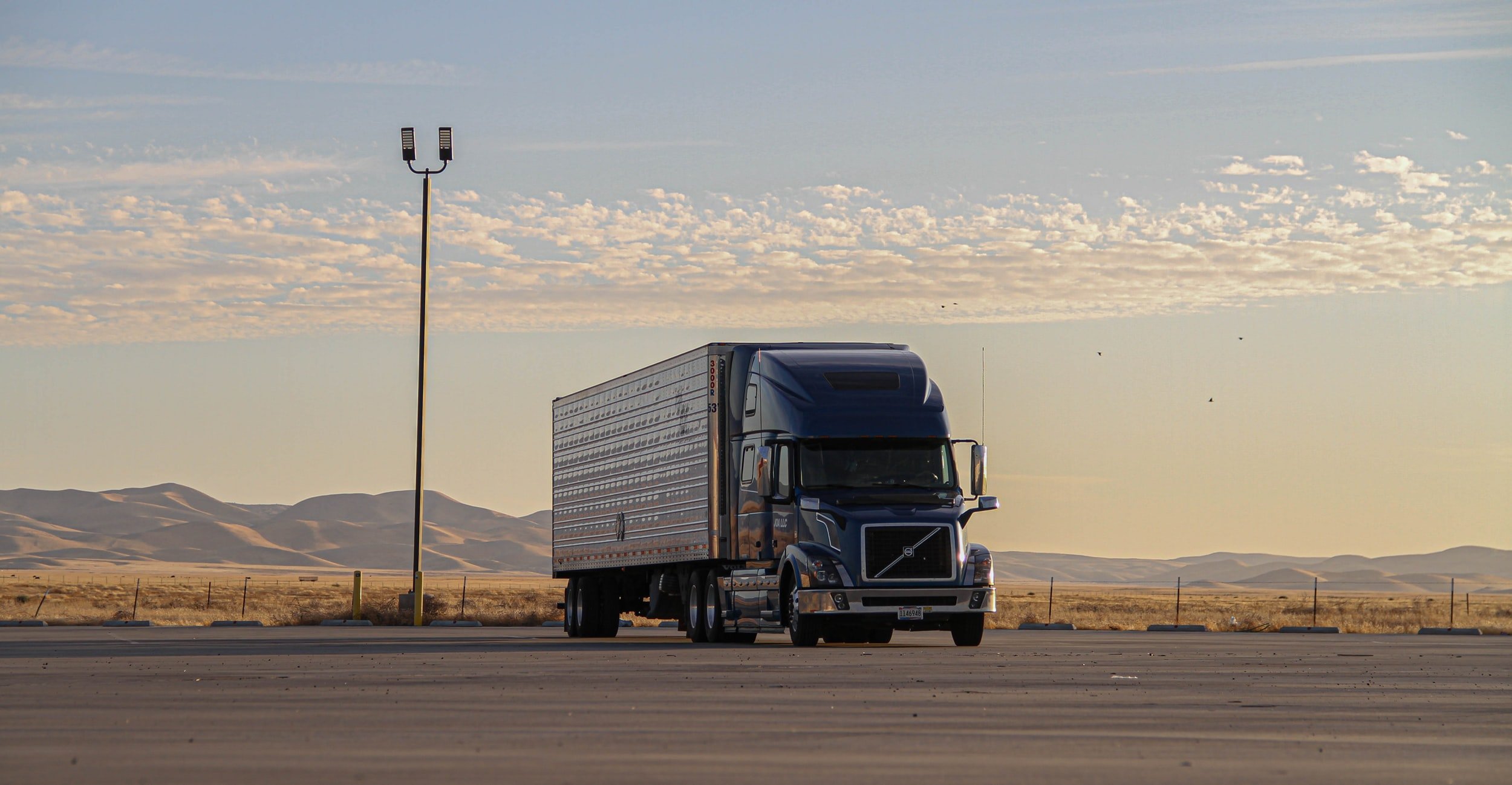Hybrid workers – here are the best ways to prevent common health issues
29 April 2022
Topics
Many organisations are embracing hybrid working.
Time split between office and home can benefit workers as well as the organisations they work for. Here are five reasons why:
greater flexibility
improved work/life balance
time and stress saved by not commuting
reduced travel/accommodation costs
increased efficiency.
But hybrid or teleworking may also contribute to or exacerbate musculoskeletal disorders (MSDs) – common conditions that affect mechanisms in the body such as the joints, muscles and tendons.
MSDs associated with hybrid work typically affect the lower back, neck, shoulder, arms, hands and wrists. But these are preventable.
Here’s a look at some of the risk factors – along with advice on how to prevent or minimise them – from IOSH in support of the European Agency for Safety and Health at Work (EU-OSHA) Lighten the Load campaign.
Hybrid working and MSDs
Prolonged sitting and standing combined with poor ergonomics and isolation from colleagues can negatively impact workers’ health.
So, it’s vital workers report any issues as soon as possible. And employers should offer support and guidance to help prevent or manage them using a combination of risk assessments, preventative/control measures and encouraging worker participation.
Organisations opting for permanent hybrid working need to have policies and procedures in place to ensure they manage the hazards effectively and provide correct equipment.
Communication is also key. Organisations should ensure staff only work a certain number of hours at home, just as they would in the office, and encourage breaks, hydration and movement.
Self-assessment/training workers
When face-to-face display screen equipment (DSE) assessments can’t take place, effective alternatives include a self-assessment or checklist for the worker. They could even upload photos or videos of their workspace for additional guidance. Some organisations also put together a video or presentation.
Organisations can train their workers to undertake their own workstation assessments and let managers/the OSH adviser know if there are any issues.
What employers/managers should do
Some workers may struggle with reduced social contact, while others may find it harder to manage their time or separate their work and home life. Managers should provide frequent updates and regularly communicate with workers, so they are aware of any potential issues and can find practical solutions. Think about what support or contact can be put in place to prevent these and other psychosocial risks.
Organisations need to set out clear expectations of hours worked and flexible working arrangements and managers or appointed assessors should check that home workers are following safe practices and not experiencing aches or symptoms of stress.
How OSH professionals can help
OSH professionals are well placed to provide information on hazards that need to be considered by hybrid workers – eg suitable access to the room they are working in.
The OSH specialist can offer advice on housekeeping to reduce risks in the home, including:
the need for adequate lighting
removing trailing leads
not using the floor or high shelves for storage
the many reasons why sheds, garages, attics and cellars are not generally considered to be suitable working spaces (eg lack of security, poor ventilation).
What workers can do
Workers can reduce the risk of developing MSDs with these five simple steps:
working in short periods
taking regular breaks
alternating the work they do and swapping from screen time to reading
doing stretching exercises
changing positions and avoiding a static position for too long.




